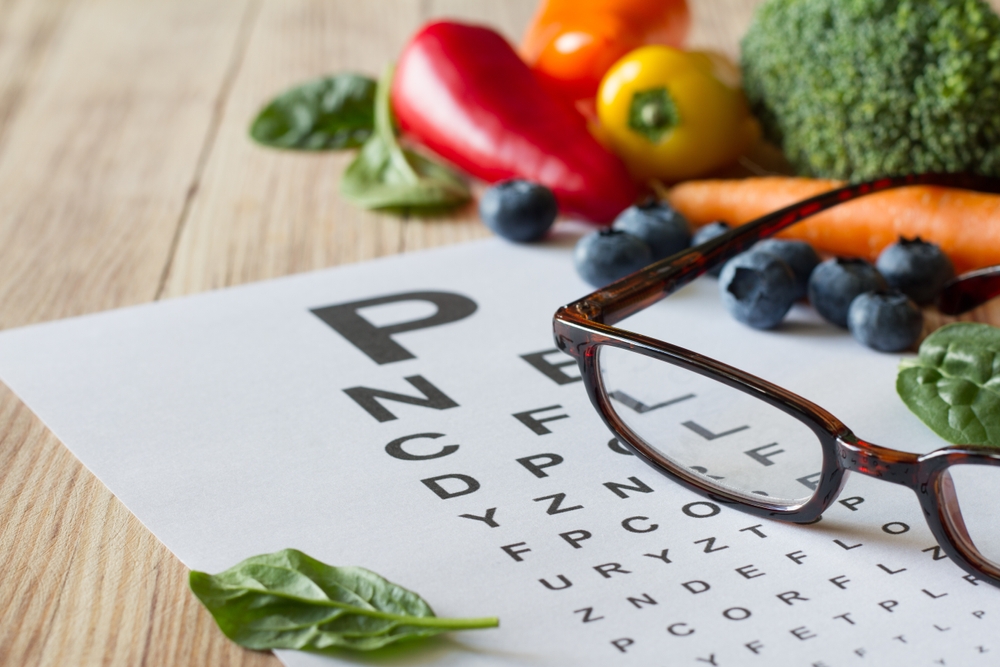
The Connection Between Your Diet and Eye Health
Your diet plays a significant role in maintaining your overall health, including the health of your eyes. While many people may not realize it, the food you eat can affect your vision and protect your eyes from various conditions, such as dry eye, age-related macular degeneration (AMD), cataracts, and more. At Houston Dry Eye Clinic, we believe in a holistic approach to eye care, and that includes educating our patients about the importance of nutrition for optimal eye health.
How Nutrition Impacts Eye Health
The eyes are intricate organs that require specific nutrients to function correctly and stay healthy. Certain vitamins, minerals, and antioxidants are known to support eye health by reducing the risk of disease and promoting overall visual wellness. Deficiencies in these nutrients can lead to various eye problems, such as dry eye syndrome, poor night vision, and even long-term damage to the retina.
Key Nutrients for Eye Health
To keep your eyes in top condition, consider incorporating these essential nutrients into your diet. Vitamin A is crucial for maintaining good vision, especially in low-light conditions. It helps prevent dry eyes by supporting the production of moisture in the eyes and can reduce the risk of night blindness. Foods rich in vitamin A include carrots, sweet potatoes, and leafy greens like spinach and kale.
Omega-3 fatty acids are known for their anti-inflammatory properties and are vital for maintaining the health of the tear film, which can help prevent dry eye syndrome. These healthy fats also reduce the risk of macular degeneration and glaucoma. Omega-3s can be found in fatty fish like salmon, mackerel, and sardines, as well as in flaxseeds and chia seeds.
Vitamin C is a powerful antioxidant that helps protect the eyes from oxidative stress and free radical damage, which can lead to cataracts and AMD. It also supports the health of blood vessels in the eyes. Oranges, strawberries, bell peppers, and broccoli are excellent sources of vitamin C.
Like vitamin C, vitamin E acts as an antioxidant, protecting your eyes from damage caused by free radicals. This nutrient is especially beneficial in reducing the risk of cataracts and AMD. You can find vitamin E in foods such as almonds, sunflower seeds, and hazelnuts. Additionally, studies suggest that lutein and zeaxanthin may lower the risk of developing AMD and cataracts. Dark leafy greens like kale and spinach, along with eggs and corn, are rich in these nutrients.
Zinc is a mineral that helps vitamin A produce melanin, a pigment that protects the eyes. It also plays a role in slowing down the progression of AMD. Foods high in zinc include oysters, beef, chickpeas, and pumpkin seeds.
The Role of Hydration in Eye Health
In addition to eating a balanced diet, staying hydrated is essential for eye health, particularly in preventing and managing dry eye syndrome. The surface of the eye requires moisture to function properly, and dehydration can lead to dryness, irritation, and discomfort. Drinking enough water throughout the day can help maintain your tear production and keep your eyes comfortable.
Schedule a Consultation with Houston Dry Eye Clinic Today
A well-balanced diet rich in vitamins, minerals, and antioxidants is essential for maintaining healthy eyes and preventing common eye conditions such as dry eye syndrome, AMD, and cataracts. At Houston Dry Eye Clinic, we encourage our patients to incorporate these eye-healthy foods into their diets to support long-term visual wellness.
If you're experiencing dry eye symptoms or have concerns about your eye health, schedule a comprehensive eye exam with Houston Dry Eye Clinic, and we'll help you develop a personalized plan to keep your eyes in optimal condition. Contact our office in Houston, Texas, by calling (713) 664-4760 to book an appointment today.




